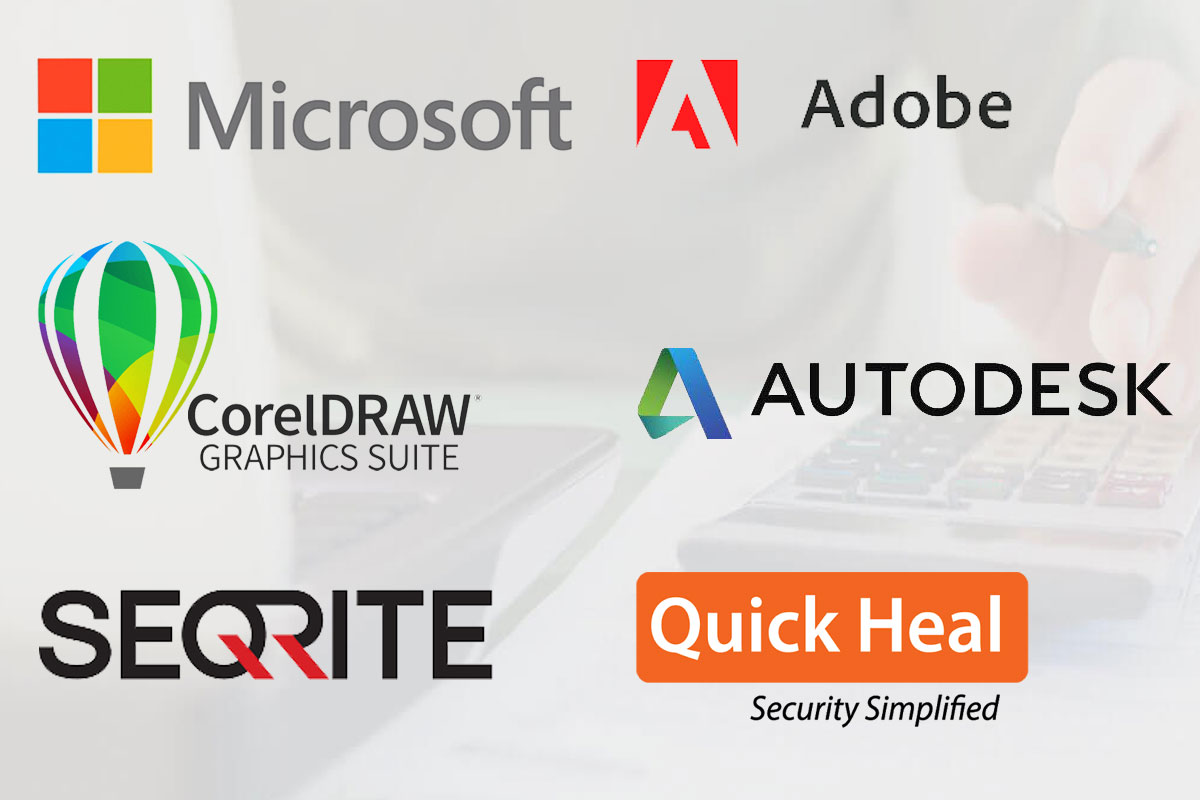A software license is a legal instrument (usually by way of contract law) governing the usage or redistribution of software. All software is copyright protected, except material in the public domain. Contractual confidentiality is another way of protecting software. A typical software license grants an end-user permission to use one or more copies of software in ways where such a use would otherwise potentially constitute copyright infringement of the software owner's exclusive rights under copyright law. A free open source license makes software free for inspection of its code, modification, and distribution. Free licenses like the GNU General Public License (GPL) allow the product and/or derivative to be commercially sold. Some software comes with the license when purchased off the shelf or an OEM license when bundled with hardware.

In telecommunications, structured cabling is building or campus cabling infrastructure that consists of a number of standardized smaller elements (hence structured) called subsystems. Structured cabling components include twisted pair and optical cabling, patch panels and patch cables. Structured cabling is an organized approach to cabling infrastructure. Although it may seem backward, to fully understand this concept it is easiest to look at what structured cabling isn't. In many data centers, the cabling methodology used is defined as "point-to-point". That method runs patch cables (or "jumpers") directly to and from the hardware that needs connectivity.
Software can also be in the form of freeware or shareware. Software licenses can generally be fit into the following categories: proprietary licenses and free and open source licenses, which include free software licenses and other open source licenses. The features that distinguish them are significant in terms of the effect they have on the end-user's rights. A software license is an agreement between you and the owner of a software program that allows you to do certain things that would otherwise be an infringement of copyright law. The software license usually answers questions such as Where and how and how often can you install the program? Can you copy, modify, or redistribute it? Can you look at the underlying source code? The price of the software and the licensing fees, if any, is sometimes discussed in the license agreement, but usually it's described elsewhere.